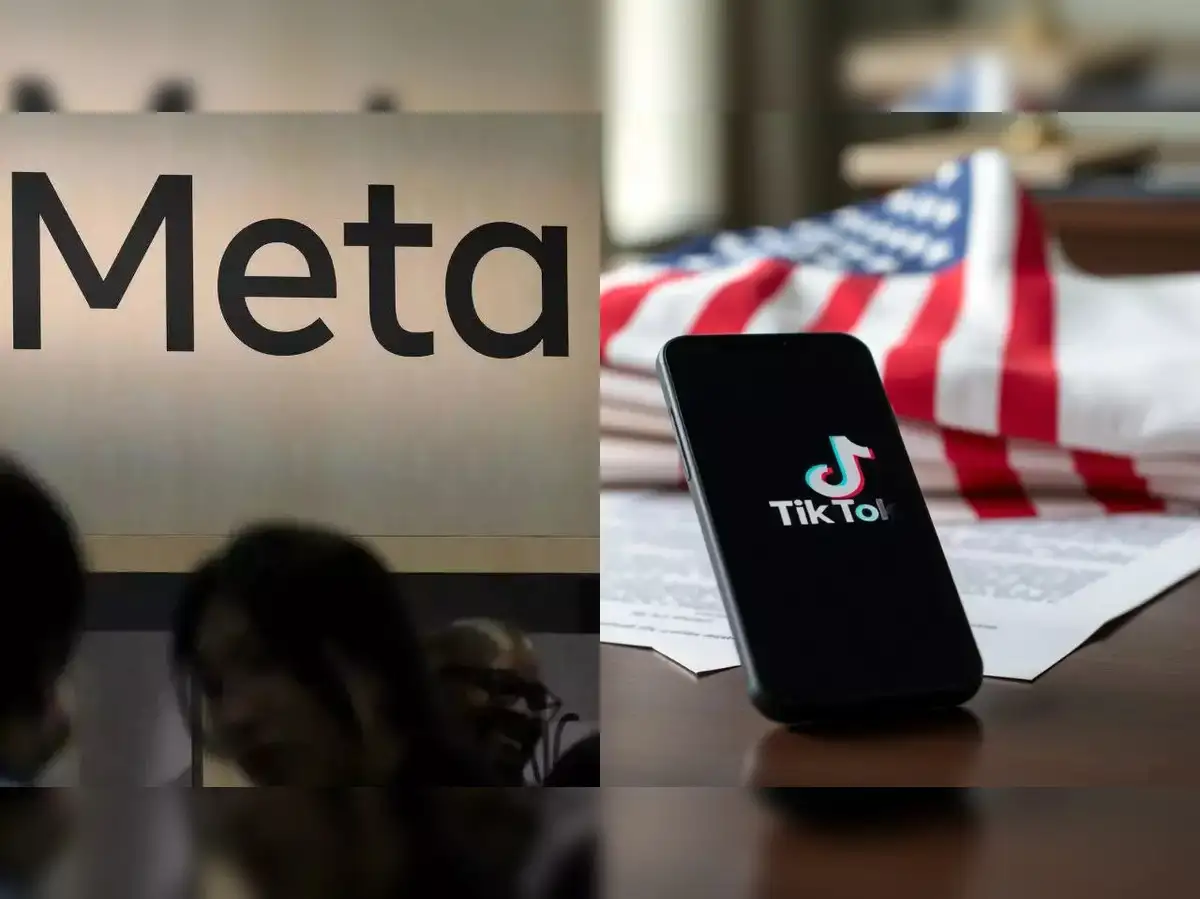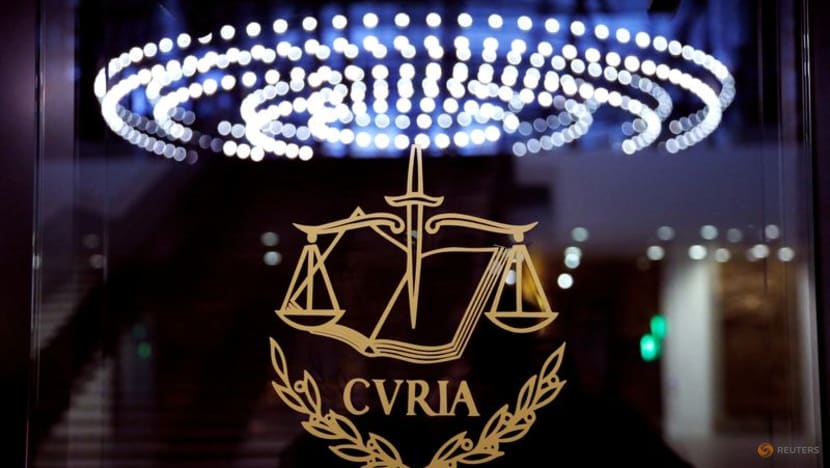Introduction
Two of the world’s most powerful tech giants, Meta and TikTok, have taken legal action against the European Commission over what they call unfair and disproportionate supervisory fees under the Digital Services Act (DSA). Their legal teams argued in Europe’s second highest court on Wednesday that the European Union’s calculation method is opaque, flawed, and discriminatory.
What Is the DSA Supervisory Fee?
The Digital Services Act, which came into effect in 2022, imposes a yearly supervisory fee of 0.05% of global net income on major tech platforms. The goal is to fund the EU’s efforts to monitor and ensure compliance with the DSA’s transparency and safety rules.

This applies to 19 large online platforms and search engines, including Meta (Facebook, Instagram) and TikTok, whose vast user bases and influence make them key targets for regulation.
Meta’s Arguments in Court
Represented by lawyer Assimakis Komninos, Meta Platforms Ireland told the General Court of the EU that the Commission’s fee calculation was unclear and unjustified. Komninos emphasized:
- The Commission used the group’s global revenue instead of the Irish subsidiary’s financials.
- The methodology was opaque, with “black box” calculations leading to “absurd results.”
- Meta is not refusing to pay, but demands transparency and fairness.
TikTok’s Criticism of the Fee Structure
TikTok Technology, owned by China’s ByteDance, echoed similar concerns. Their legal representative, Bill Batchelor, criticized the fee’s basis as inaccurate and discriminatory. He stated:

- Users switching devices were double-counted — inflating monthly active user numbers.
- The fee calculation forces TikTok to subsidize costs meant for other platforms.
- The Commission unfairly applied the excessive fee cap using group-wide profits.
EU Commission’s Defense
On the other side, the Commission’s lawyer Lorna Armati defended the fee, stating that the use of group profits is justified. According to her:
“When a group has consolidated accounts, it is the financial resources of the group as a whole that are available to that provider in order to bear the burden of the fee.”
Armati argued that both Meta and TikTok had sufficient information to understand how the fee was applied and that there was no breach of procedural fairness.
Legal Cases and Timeline
The legal challenges have been filed as:
- T-55/24 — Meta Platforms Ireland v European Commission
- T-58/24 — TikTok Technology v European Commission
The General Court of the EU is expected to deliver a ruling sometime in 2026. The outcome could reshape how the EU enforces its digital laws and funds regulatory oversight.

Global Implications for Big Tech
This case has global ramifications. As the EU tightens its grip on Big Tech through legislation like the Digital Services Act and Digital Markets Act (DMA), companies are facing new costs of compliance. Meta and TikTok’s pushback may influence how future supervisory fees are calculated not just in Europe, but in other jurisdictions like the U.S., Canada, and Australia, where similar tech regulation trends are emerging.
Conclusion
Meta and TikTok’s court battle over the DSA supervisory fee spotlights the ongoing power struggle between governments and tech giants. At the heart of the issue are transparency, proportionality, and fair treatment — principles that will guide future regulation of digital services across the globe.
For related updates, check out our article: Apple and Meta Fined as EU Probes Advance.